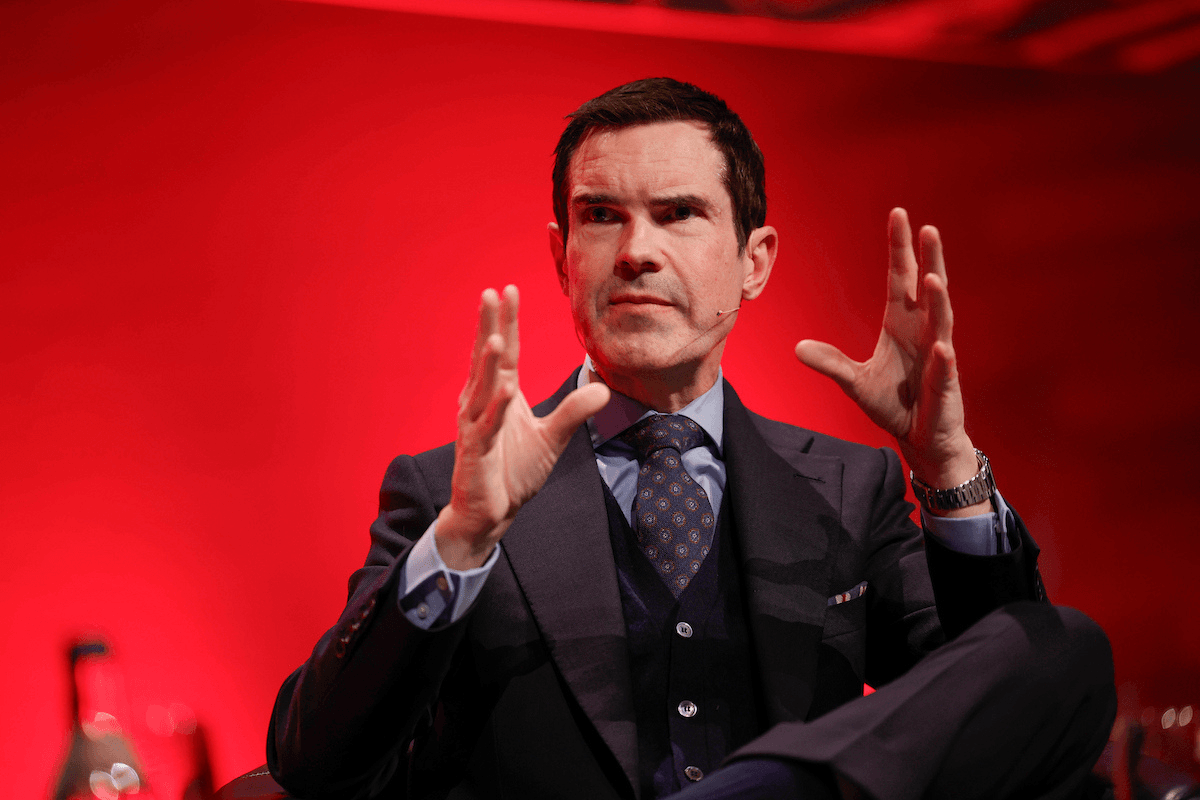Everyone has a purpose in life. Perhaps yours is watching television. – David Letterman
The two most important days of your life are the day you were born and the day you discover why you were born. Let today be your discovery day.
Purpose pervades life, gives breath to life, like air. Every action is in service of some goal. But not all purposes are meaningful; simply working toward a goal doesn’t endow the effort with value.
But consciousness lets you aspire to loftier, meaning-based purposes. It lets you figure out what you were meant to do, and use your talents in service of that meaning. By reshaping your life around noble purposes you can imbue your actions with value and live not just purposefully but meaningfully.
Meaningful purposes are intrinsically good, by virtue of their impact: creating value for the world. But they have other benefits too. They give you energy, motivating you to channel your passion into action. They give you focus, letting you confidently ignore the meaningless. They give you connection, bringing you closer to others with shared values. They give you esteem, increasing your sense of self-worth and fulfillment as you live a life of significance, integrity and authenticity. These benefits enable an upward spiral, since they foster happiness, which fosters meaning-making, which fosters happiness, and so on.
Is purpose discovered or invented? The word purpose has two definitions: the goal of an action, and the function of a thing brought into existence. If you believe you were brought into existence with some specific purpose, then your task is to discover that purpose. How do you think your creator wants you to behave? This could be futile speculation; or there might be clues hidden in the universe, in humanity, in yourself, placed there for you to discover.
If you don’t think your purpose is written in the stars, then your task is to invent your own meaningful purposes. No purpose of life need not imply no purpose in life; you can have a calling without a caller. If you do think the universe is purposeless, and if you think this implies that nothing is meaningful, start with the premise that reducing suffering has some value; even nihilists want their headaches to go away. Do what you can to reduce the suffering in yourself and others. From there it’s just a small step to accepting that there’s also value in helping people to flourish, to live the best lives they can. Find purpose in meaning, and meaning in value, and value in flourishing.
We’re wired to search for purposes, and quick to accept and cling to whatever purposes we find. Don’t unthinkingly accept purposes imposed by your genes, your culture, or your web of affiliations; purposes shaped by expectation or obligation are disempowering. But having an internal locus of purpose doesn’t mean having selfish purposes. The best purposes are directed outward, at something larger than the self. You can also help others discover and pursue their purposes.
What makes a good meaningful purpose? It should be:
- clear, concise, and specific
- focused but flexible
- energizing and nourishing
- rooted in love, not fear
- aligned with your fundamentals, especially your passions and desires
- something you connect with emotionally, not just intellectually
- grand and inspiring, worth building a life around
Once you’ve discovered or invented your meaningful purposes, center your life on them. Pledge alliegance to them. Let them infuse meaning into both your overarching life goals and your daily activities. They can become both an engine that drives you toward your overarching lifetime achievements and an everyday source of integrity and pride in how you live each present moment.
Today’s Activity
- Are you doing what you came here to do? How much of today did you spend on doing things you find personally meaningful?
- To generate possible sources of meaningful purpose, answer these questions: What are your proudest accomplishments? What moments have been most meaningful to you? What are some lasting sources of happiness? What are your strengths? What are your passions? What do you want to change about the world?
- Now write a stream-of-consciousness essay entitled “What is my life purpose?” Keep writing until you reach something that resonates emotionally and fits the criteria on the list above. This is one of the most important activities on this site, so take your time.
- Once you’re clear about your purposes, align your thoughts and actions with those purposes. Keep them in consciousness so they can guide your daily activities and your overall life path.
Thoughts of Tom Murcko / www.howtolive.com








